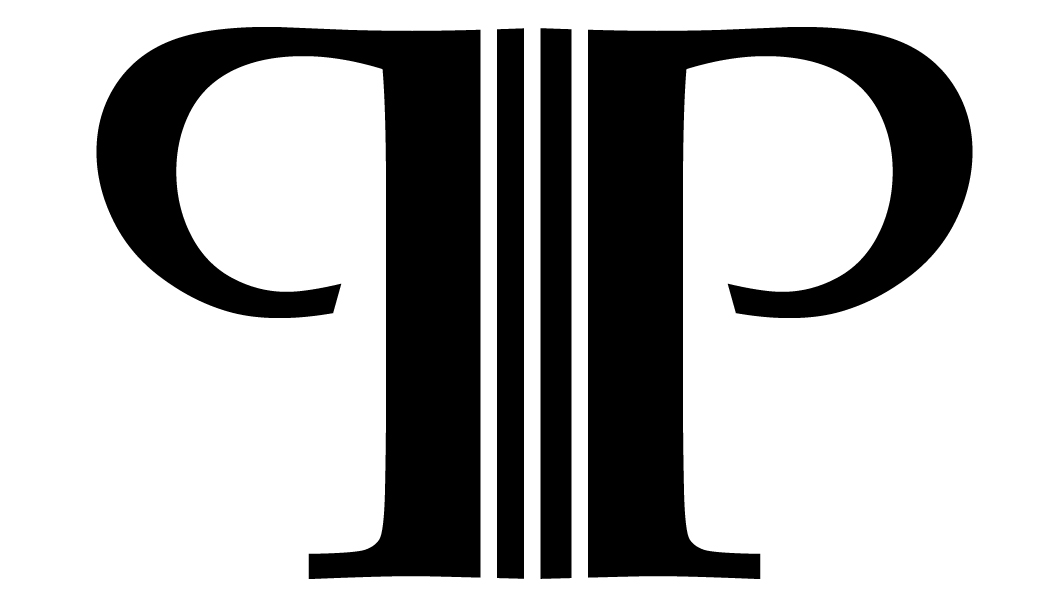It begins like every other practice. I open with scales, paying attention to the detail of each note. I play them until I feel that the cello and I are in synch and ready to move forward.
Etude. Difficult work this week but I maneuver pretty well. I remove any outer layer I'm wearing as I begin to heat up. Before long I have a small heap of discards to include my watch, sweater and rings. My shoulders are loose and my body falls into a familiar, daily rhythm. I set aside the etude book and pull out the piece that I am working up.
I've made myself a promise that I will work backward in practicing repertoire. Most difficult comes first and so on. It means that my focus will be the most sharp on the most challenging work. As I begin to fatigue I get to play measures that are more familiar to me. Most days this works well. I finish practice sated and satisfied (mostly) but not today....
As I climb the mountain of fast scale work I notice that somewhere between last night and today my fingers have fattened up quite a bit. I thwack instead of pizz and, for good measure, I pick up several extra strings. This might be a good thing as the ones I intend to use don't seem to be working so why not throw in a few more for good measure? (who am I kidding- there are no good measures!)
Instead of slowing down, I speed up. Insisting that my hand and brain work in tandem. I should know that there is a reason that the brain is in charge. The more I push, the worse I play. In fact, I find that I am now beginning to practice the mistakes.
I flip the page with extra zest and the book falls to the floor. I look across the room and wonder if I could actually hit that far door with my bow if I heaved it hard enough. The only thing keeping it in my hand is the dollar sign.
Now if my student tells me about a similar practice I would patiently listen and calmly tell them that in this circumstance, you should “remain patient, step away from the cello for a while and come back when you are rested and less frustrated.” Even this voice in my head makes me want to punch myself in the face.
I drop the Alexander technique altogether and begin to practice the art of self sabotage. Look how bad I am - watch me get even worse. I can, I really can.
All this and no sugar to blame.
Finally I firmly place the cello/traitor on it's stand. I slam the light switch off in my studio taking delight in leaving the instrument in the dark...like it has left me.
I thought that once I had passed the gazillion hour mark the agony percentage would decrease and days like this would stop.
Tomorrow is another day...
Melissa Perley
